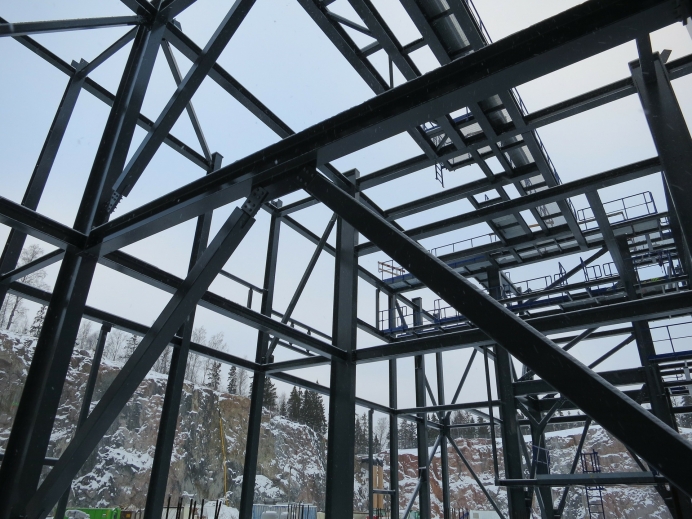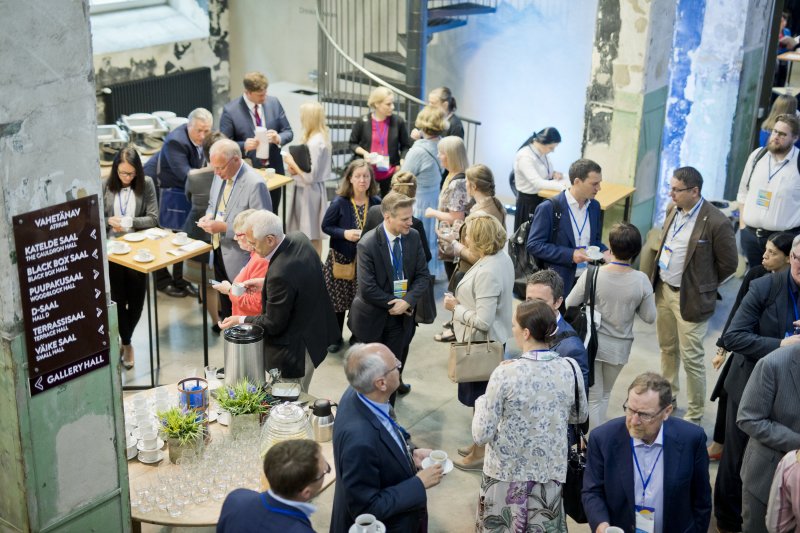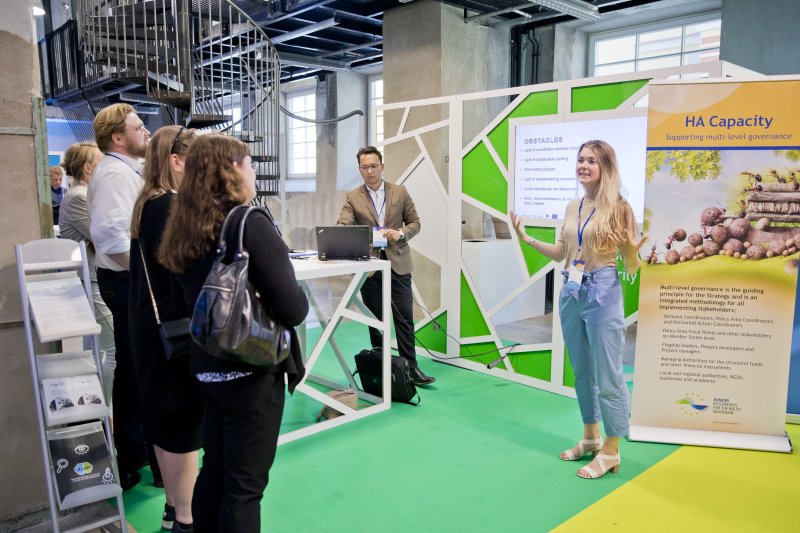EUSBSR is a framework for transnational cooperation between a large number of stakeholders in the Baltic Sea Region. The cooperation is applied in a number of thematic areas. Regardless of the thematic area, the collaboration is characterized by long-term and coordinated work to deliver both suggestions for improvements in working methods and policy recommendations to different levels of government, local, regional or national.
Horizontal Action Capacity coordinator Anders Bergström explains that core function of HA Capacity under EUSBSR is to provide support to implementing stakeholders: National Coordinators (NC), Policy Area Coordinators (PAC), Horizontal Action Coordinators (HAC), Policy Area Focal Points (PAFP)/members of steering groups, flagship leaders and members of Managing Authority networks. “HA Capacity is about helping stakeholders to develop skills and competencies in their respective roles in the implementation of the Action Plan,” Mr. Bergström explains.
HA Capacity coordinator Anders Bergström informs that currently HA Capacity offers four programmes regarding capacity building:
Embedding EUSBSR in ESIF (mainstream programmes)
The funding of EUSBSR need to be widen and better integrated in countries own strategic development. The proposed new ESIF programmes will include more of transnational cooperation. That is why it has been decided to strengthen the cooperation between the programmes and the EUSBSR. This strengthen cooperation is achieved with help of a capacity building programme targeting two of the Managing Authority networks, the European Regional Development Fund (ERDF) and the European Social Fund (ESF). Together with the members of those networks, provisions have been formulated supporting EUSBSR in the new Operational Programmes. Furthermore, mandates for these networks have been shaped and finally common thematic priorities are now being discussed between the eight Member States. The aim is to pave the way for the use of mainstream programmes for the support of EUSBSR in the next programmes 2021 - 2027.
Policy Area/Horizontal Action support
HA Capacity has developed into a support office for PACs/HACs offering individual coaching and support, besides organizing workshops. The aim of this programme is primarily to support the shift from relaying on individual projects, flagship projects for the implementation of the Strategy to developing and maintaining thematic, impact-driven, long-term, stakeholder-based, policy-action processes (named flagships). The target groups for the workshops are besides PACs/HACs, members of steering groups, lead partners in flagship projects and representatives from EU Commission (relevant Directorate-Generals).
Alignment of Policymaking
A new programme will be launched in spring 2020 focusing on the national implementation of the Strategy. Target groups are PAFP/members of steering groups, NCs/PACs. The aim is to develop a structure for the implementation in the member states where the Strategy is embedded in the policy development and where this policy development feed into the flagships and vice versa.
Autumn meetings
A yearly meeting offering structured dialogues with National Coordinators, Policy Area Coordinators, Horizontal Action Coordinators and representatives from DG REGIO. Topics of such meetings covers revision of the Action Plan, stakeholder engagement and funding of development processes, etc.
Reaching out to new stakeholders
What is more, HA Capacity is also about promotion of involvement and participation. The EUSBSR has created a coherent and structured framework for joint actions to address common challenges and opportunities. Resources are mobilized, many of them have been given formal roles and responsibilities in accordance with the Action Plan. The long-term viability of the Strategy is nevertheless dependent upon continued efforts to secure the engagement and active involvement also of actors that are not formally charged with “duties” in accordance with the EUSBSR and its Action Plan, e.g. local and regional authorities, business, academia, civil society organisations. “To reach out and involve this wider group of stakeholders is the second function of HA Capacity, Mr. Bergström continues. At present three activities are offered by HA Capacity:
- At the EUSBSR Annual Forums organize the Networking Village, where stakeholders, new and already connected get an opportunity to discuss their projects and cooperation ideas with the implementing stakeholders in Policy Areas and Horizontal Actions. “It is a big marketplace in the centre of the Annual Forums”, HA Capacity coordinator Mr. Bergström says.
- Prior to the EUSBSR Annual Forums the Participation Day targeting stakeholders on local and regional levels, public sector and civil society is being organized. The participants prepare projects ideas that the present to Policy Area Coordinators. The PACs provide feedback and advice on how to get engaged in the Strategy.
- Developing and testing concepts for outreach to stakeholders, for example regional workshops, where new groups of stakeholders can “test to work” macro-regional. These activities could be seen as similar to the Participation Day, however they are organized on the regional level.
Active engagement of different stakeholders from all levels of society
Such capacity building activities and involvement actions coordinated by HA Capacity help different stakeholders from different levels to find common touchpoints and implement the Strategy using mutual force. HA Capacity coordinator Anders Bergström stresses out the importance of active engagement of different stakeholders and policy makers to increase the policy impact. “It is important to early engage policy makers in the flagship process if there is a possibility. Already here stakeholders establish the contact and awake the interest for what is done in EUSBSR. This is one of the advantages with macro-regional strategies as open joint development processes that stakeholders offering different perspectives, also from the policy making part can be engaged in the process or flagship,” Mr. Bergström suggests.
Consequently, capacity building and proactive involvement of all potential stakeholders in promoting and implementing the goals of the EUSBSR and its Action Plan can ensure successful implementation. In that terms, HA Capacity through wide spectrum of activities supports different stakeholders guiding and helping them to achieve the objectives of the Strategy.






